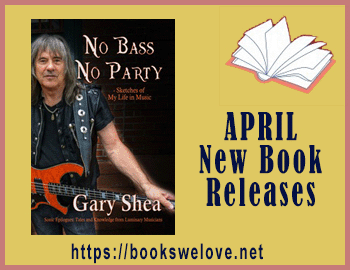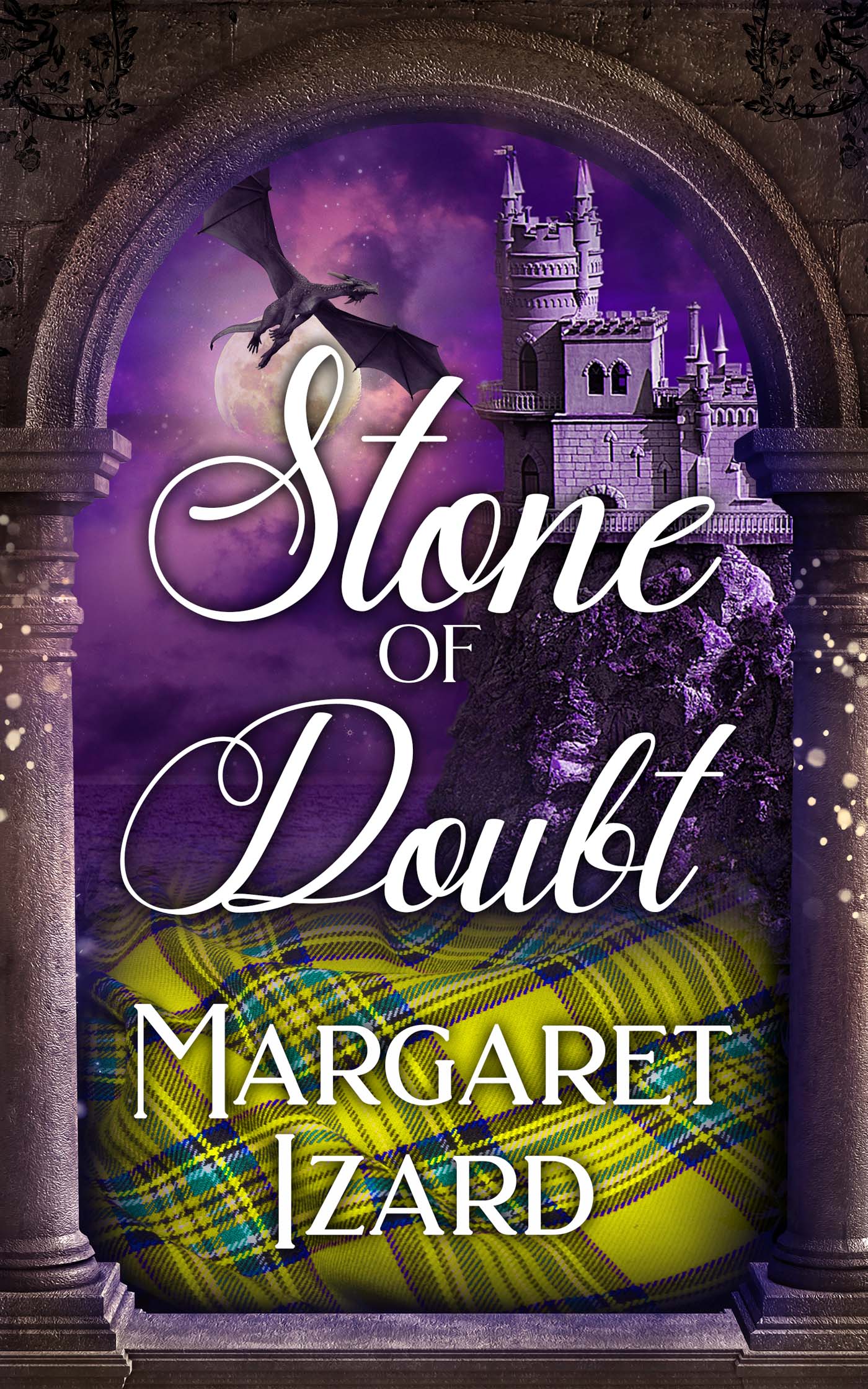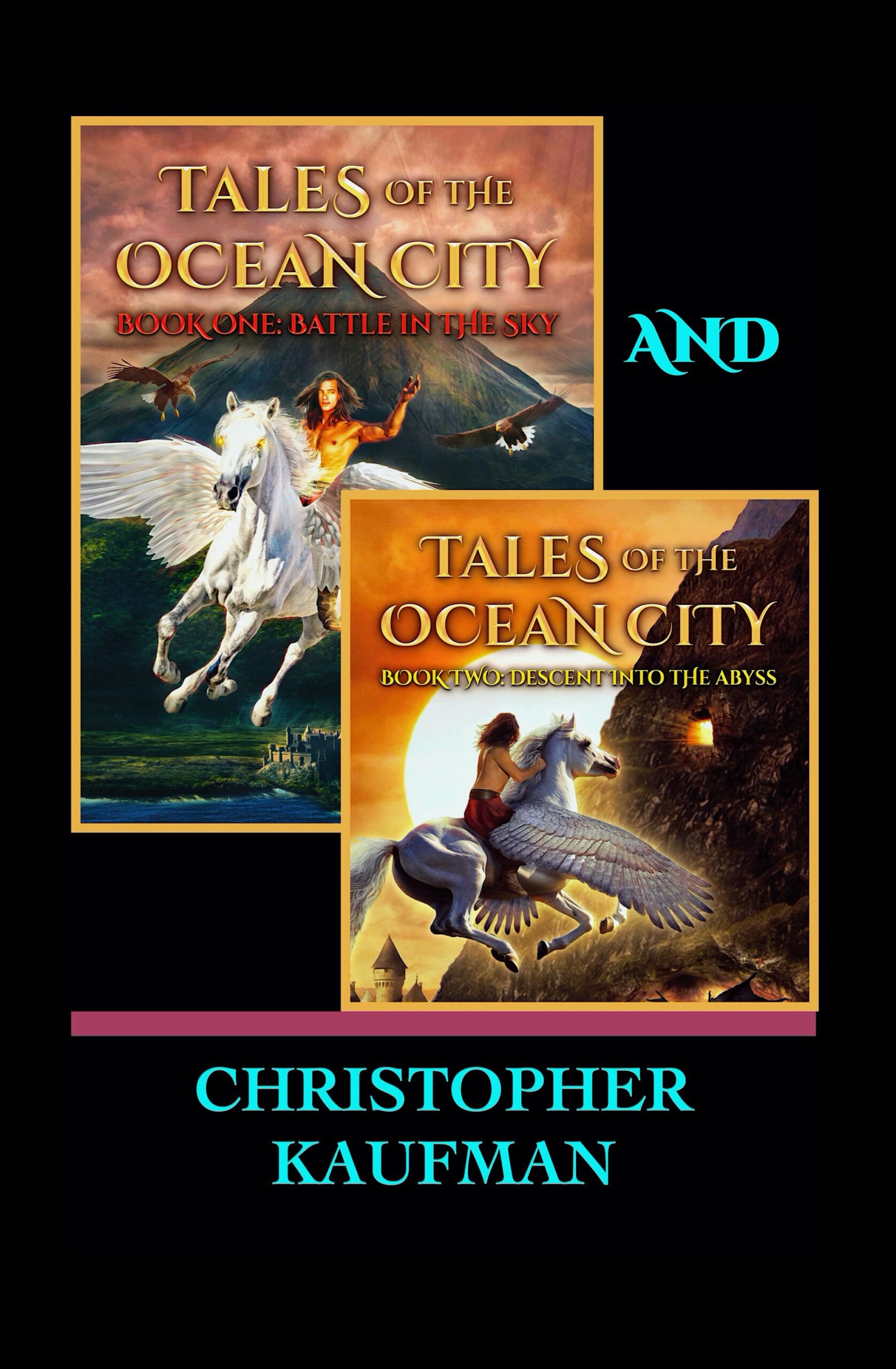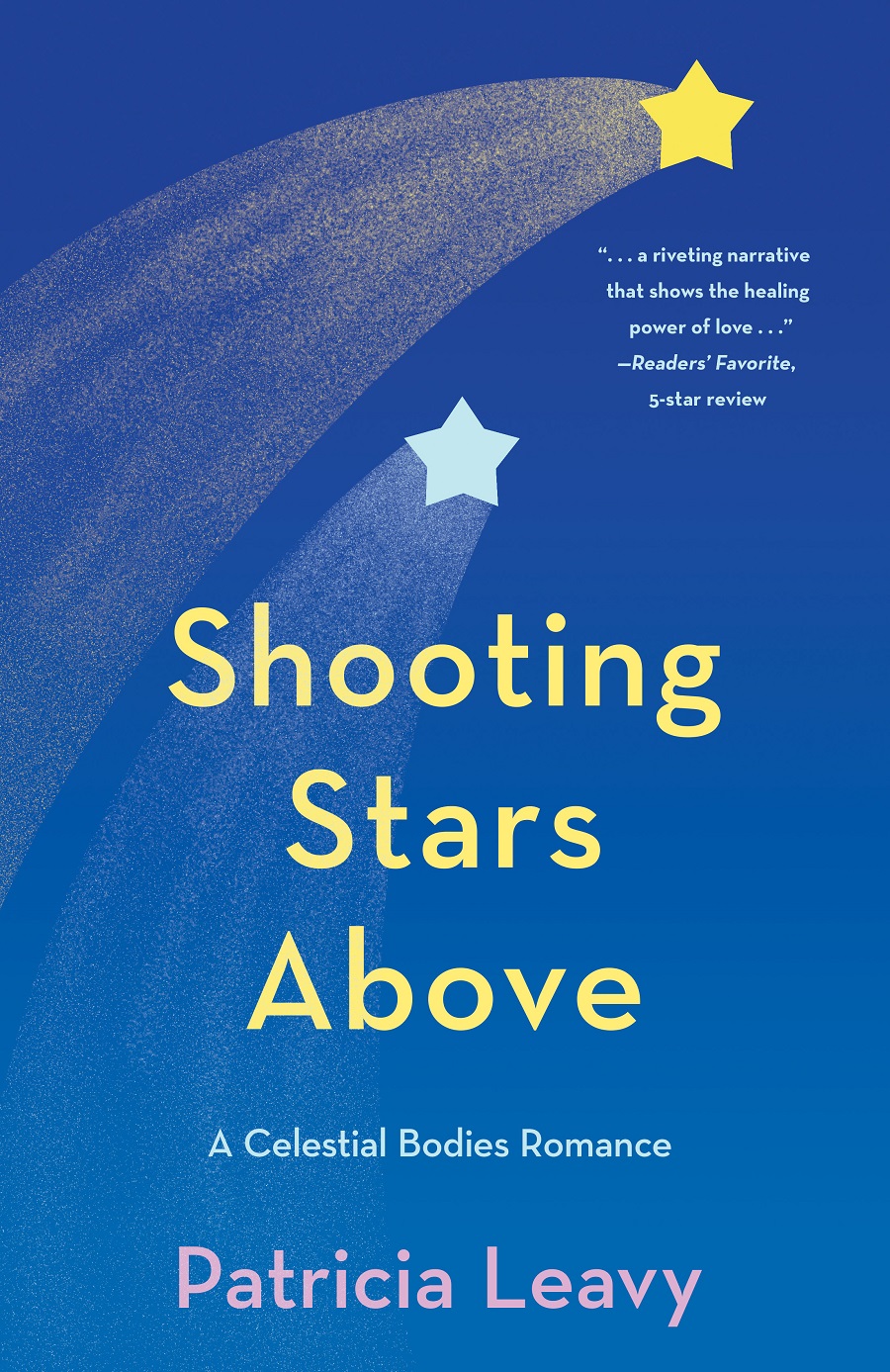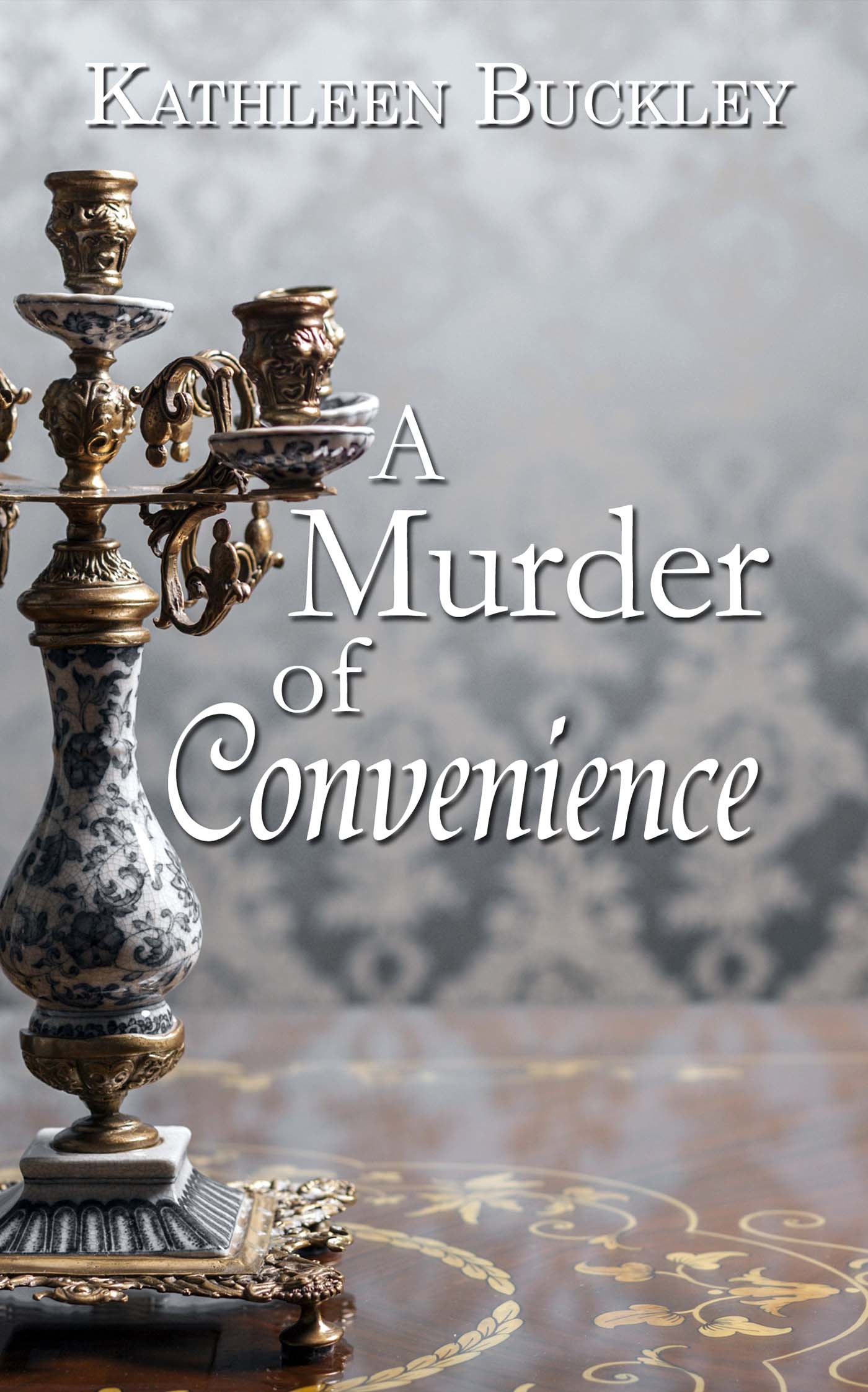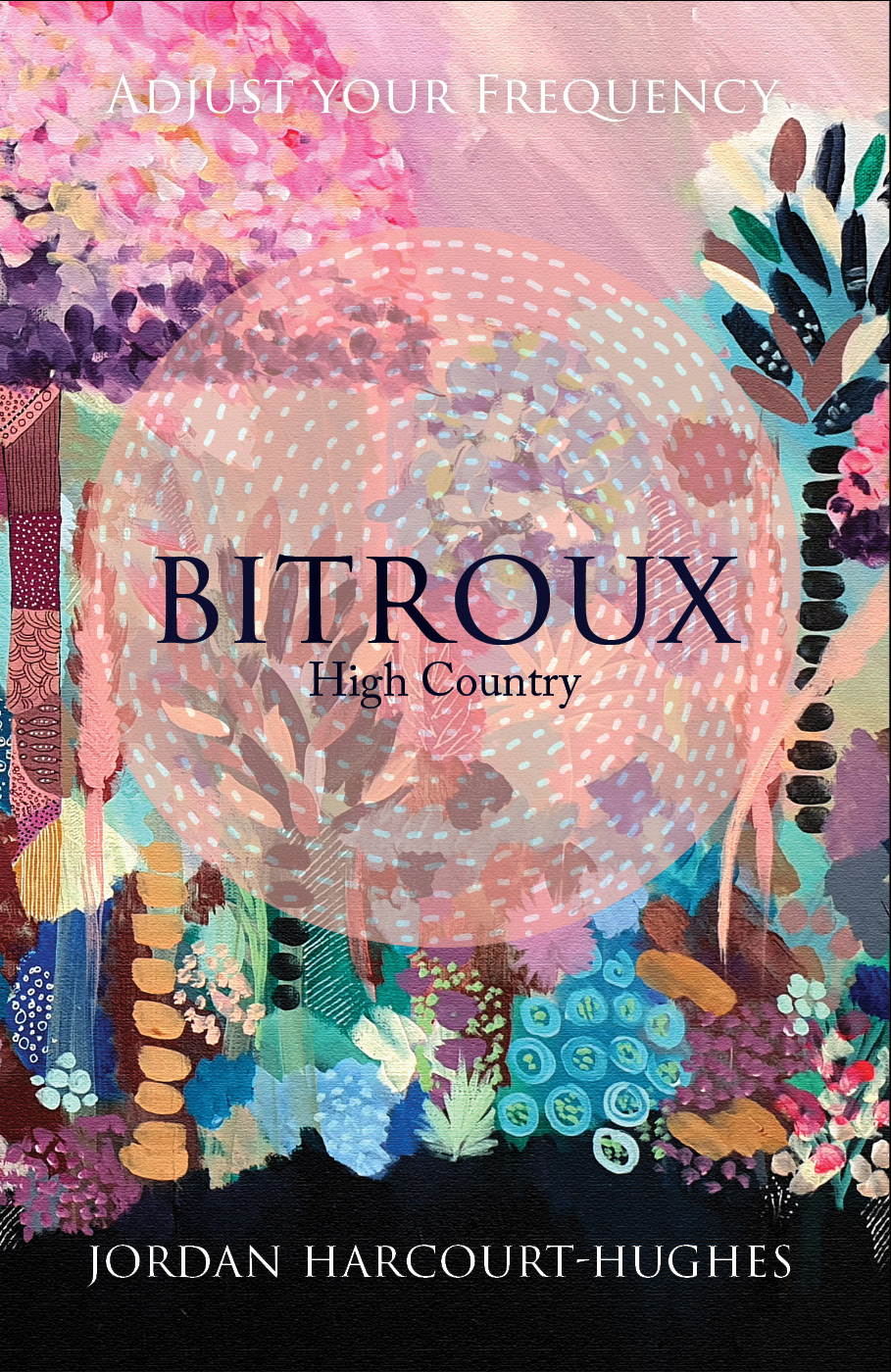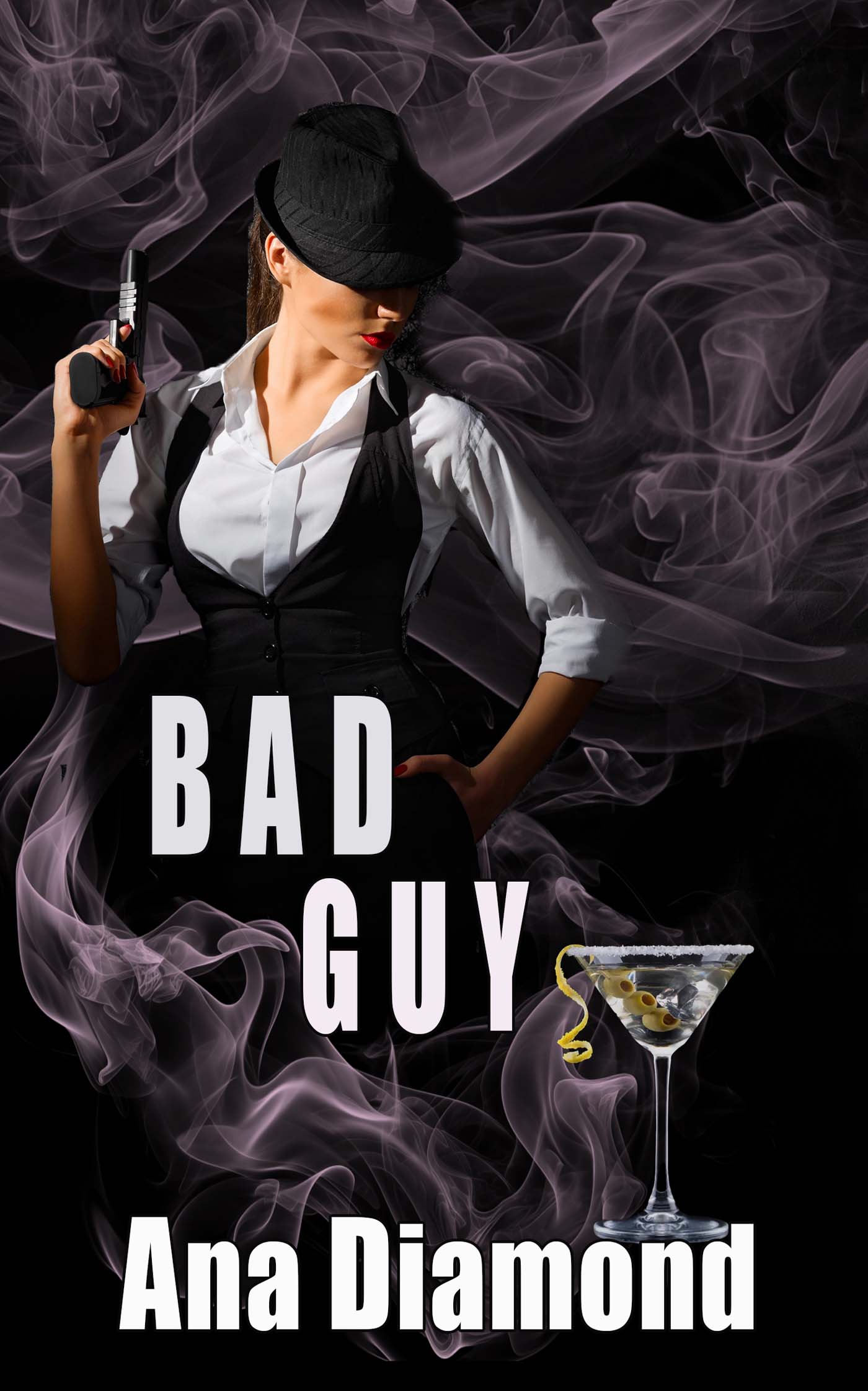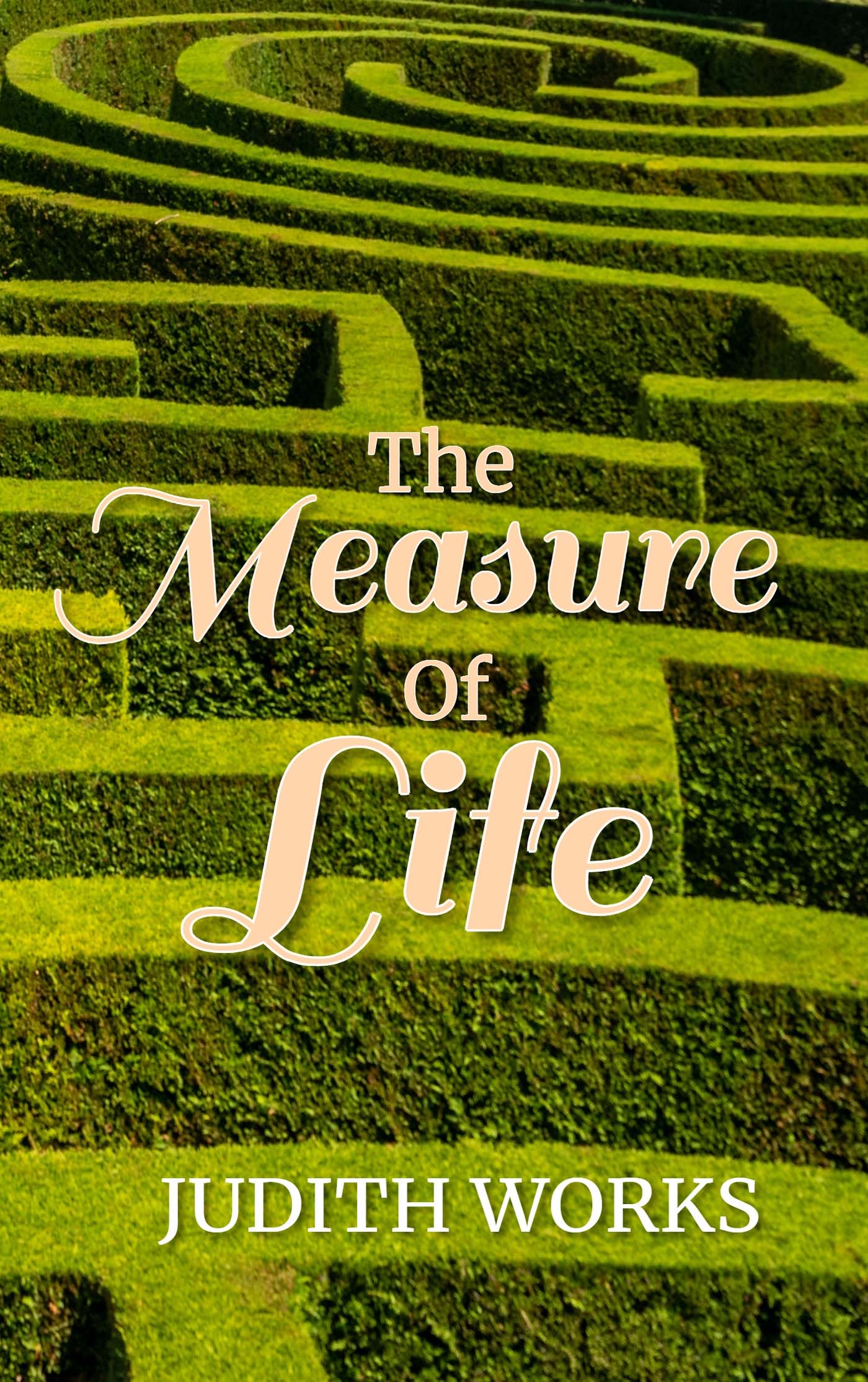Long and Short Reviews welcomes Peter Stafford-Bow who is celebrating today’s print release of Corkscrew, a satirical thriller set in the world of wine and big business.
My novel was born in the heat of a Cape Town summer. No ordinary summer either. It was 2016 and there was a palpable sense that South Africa, the country in which I was living, was spiralling into chaos.
I was struggling with the book. Corkscrew was my first novel and it had started well, a semi-autobiographical gallop through the more exciting aspects of the international wine trade. But three-quarters of the way through, I was stuck. The protagonist had suffered, developed, made a critical decision, but I wasn’t clear how to guide him and his fellow-travellers to a believable conclusion. In search of inspiration, I uncorked another bottle of wine…
Southern Africa was in its second year of drought. The crops had failed, farmers were shooting their starving cattle and the authorities were threatening to ration drinking water. The president had abandoned even the pretence of governing, and was openly looting the country of every dollar he could find. There was a nasty outbreak of political assassinations in Zulu country, adding deadly spice to the cauldron of racial and tribal resentment. And the countryside, baked dry after months of rain-less African sun, was a tinderbox.
Wildfires are nothing new in South Africa. Inhabitants of California, Australia or Spain will recognise them too, they form part of the natural cycle, clearing the dry season’s dead vegetation and making way for the new. But this year was different. The fires raged for weeks, fuelled by the carelessly uncleared, tinder-dry brush and the non-native eucalyptus trees which exploded like pillars filled with tar. The fires leapt roads, tore through vineyards and destroyed farms. Then they reached the outskirts of the city.
I sat at my desk, a spoiled little writer, fretting over how to tie the threads of my plot together into a neat close. The smoke hung over the city like a filthy cloak, turning the sun into a vast, hazy ball, ten times its usual size. Sirens wailed as volunteer firefighters evacuated the wretched from their shacks, fire trucks reduced to mere crowd control, the flames too huge to fight. Ex-US Army helicopters, huge water buckets swinging beneath, clattered out to sea and dipped their pails into the ocean before rising, heading back to the city and emptying their loads over the black, smoking earth.
And then, all at once, I had it! My ending. I pushed the bottles of wine aside and pulled my laptop to me, typing as fast as my fingers could bear, terrified that if I paused I might forget. The great, livid smudge of sun slid down behind Signal Hill, but I didn’t notice the red sky fading to black. It was only hours later, when I reached the end, the only light in my apartment the glow from the screen, that I looked up. The wind had changed. It was colder and carried the scent of moisture. The smell of the ocean. I stretched and crept, aching, to the balcony. The black hillside at the end of my street glittered with the light of a million embers. But rain was coming, I could feel it.
I’ll never forget the relief of finishing that first manuscript – and knowing I’d done the job properly too. It needed re-writing, of course. Three times, in fact! But the summit had been reached. And it did rain that night, the deluge raging in as only a Cape storm can, the kind of weather that has made that tip of Africa the graveyard of a hundred thousand ships and the most feared sea-lane on the planet.
And how about South Africa itself, that imperfect, quarrelsome young democracy? I’m glad to report that the farms recovered and the population pulled together, rich and poor, all rationing their water so no-one ran out. They even kicked out the president, now facing a charge sheet as long as the Limpopo, and forced him to pay back the money he stole. I’m an optimist, so I think the future might be bright. And if you think I’m being naïve, let me draw your attention to another large country you may have heard of. It too stretches between two oceans, has a stunning landscape and a troubled history. Most people didn’t give that one much chance of success either, back in 1776…
Felix Hart, a tragic orphan, is expelled from school, cast on to the British high street and forced to make his way in the cut-throat world of wine retail. Thanks to a positive mental attitude, he is soon forging a promising career, his sensual adventures taking him to the vineyards of Italy, South Africa, Bulgaria and Kent.
His path to the summit, however, is littered with obstacles. Petty office politics, psychotic managers and the British Board of Wine & Liquor prove challenging enough. But when Felix negotiates the world’s biggest Asti Spumante deal, he bites off more than he can chew and is plunged into a vicious world of Mafiosi, people smuggling and ruthless multinationals.
Part thriller, part self-help manual and part drinking companion, Corkscrew is a coruscating critique of neo-liberal capitalism, religious intolerance and the perils of blind tasting.
Enjoy an Excerpt
“And how did an Englishman come to be in possession of this?” boomed a voice behind me.
I wheeled round and there stood Wikus van Blerk. He was tall, close to my height but older, in his late forties I guessed. He was well-built, with tanned, lined skin and a wild mop of curly, grey hair over piercing eyes. But his most striking feature was his huge, bushy beard, streaked with broad stripes of dark grey and white, giving him the appearance of a giant badger. Van Blerk held up the flattened box of Madame Joubert’s Lekker Medisyne Trommel between his thumb and forefinger and waggled it at me.
“Ah, Mr van Blerk! What a pleasure!” I beamed and strode over, arm outstretched.
But instead of taking my hand, van Blerk stretched out his other arm, finger extended, and prodded it into my chin. “I repeat, how did an Englishman come to be in possession of this?” His wild, pale eyes bored into mine and I took a step back, rubbing my chin. His finger remained pointed, menacingly.
“A present from an old Afrikaner friend of mine. Do you know where I can find some more?”
“A present?” he boomed incredulously. “Loot, more like! The proceeds of murder, perhaps. You look like the murdering type.”
You can talk, I thought, inspecting his vast, multi-hued beard. It looked well groomed, however, with no evidence of the fragments of food one sees in the beards of genuine madmen. I wondered if he dyed it.
About the Author: 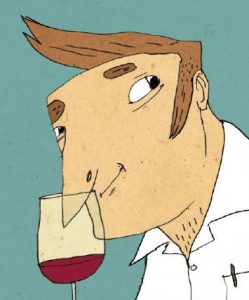 Peter Stafford-Bow, 44, is a wine consultant based in London. He has twenty years’ experience in the international wine trade and has worked for some of the largest retail chains in the world, both in the UK and abroad. Stafford-Bow dropped out of university to pursue a career in alcohol, initially running wine merchants in London before becoming a supermarket buyer, a role which sent him to every major wine-producing country in the world. After periods living in Hong Kong and Cape Town, Stafford-Bow returned to the UK to concentrate on writing.
Peter Stafford-Bow, 44, is a wine consultant based in London. He has twenty years’ experience in the international wine trade and has worked for some of the largest retail chains in the world, both in the UK and abroad. Stafford-Bow dropped out of university to pursue a career in alcohol, initially running wine merchants in London before becoming a supermarket buyer, a role which sent him to every major wine-producing country in the world. After periods living in Hong Kong and Cape Town, Stafford-Bow returned to the UK to concentrate on writing.
Buy the book at Amazon.
